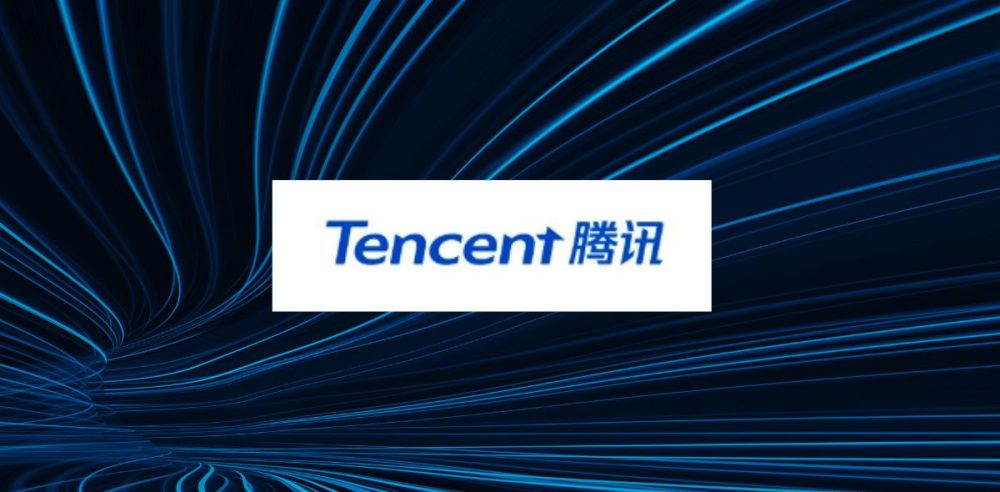The Pentagon has announced that Tencent, a massive technology conglomerate, is now considered a Chinese military business operating in the United States.
The move is the latest in a series of actions between Washington and Beijing.
Last week, The Dallas Express reported that China targeted numerous U.S. companies in the ongoing trade war between the two nations. This latest move comes as President-elect Donald Trump is set to take office this month. Under the incoming administration, tariffs on Chinese imports could be increased to as much as 60%.
Shares of the gaming and social media giant trading in the U.S. fell almost 10% after the news was announced. In addition to Tencent, the Pentagon targeted Chinese drone, shipping, and battery companies, like Contemporary Amperex Technology. Better known as CATL, the company is the world’s largest supplier of batteries for electric vehicles, including those produced by Tesla.
The companies were added to a Defense Department list that is updated annually. While the list has no immediate consequences, it is meant to discourage other firms from conducting business with the Chinese companies.
The list includes 134 companies designated as “Chinese military companies” that possess both military and commercial technology.
A Tencent spokeswoman emailed The New York Times to say that adding the company to the list was “clearly a mistake.”
“We are not a military company or supplier,” she wrote.
Chinese companies are only blacklisted if they also maintain some business operations with the U.S.
CATL’s battery technology, for example, is being licensed to Ford, which is building a $3.5 billion EV factory in Michigan.
Recently, China has been in the spotlight for purported links to high-profile cyberattacks. The U.S. Treasury Department recently alerted lawmakers that a China-state-sponsored actor was responsible for hacking into Treasury workstations.
Last year, The Dallas Express detailed a report showing Beijing is leveraging private companies alongside state actors to develop methods of using technology for various purposes, such as spying and malware.


